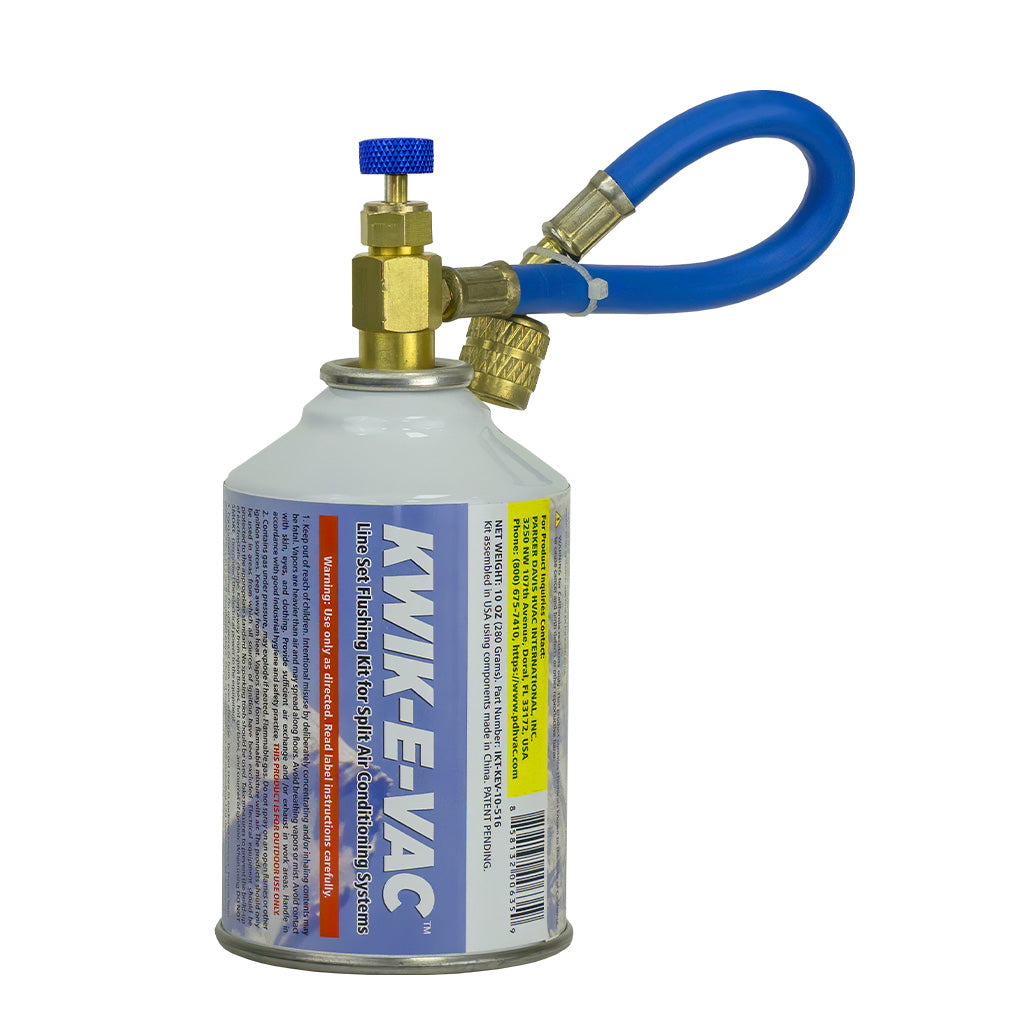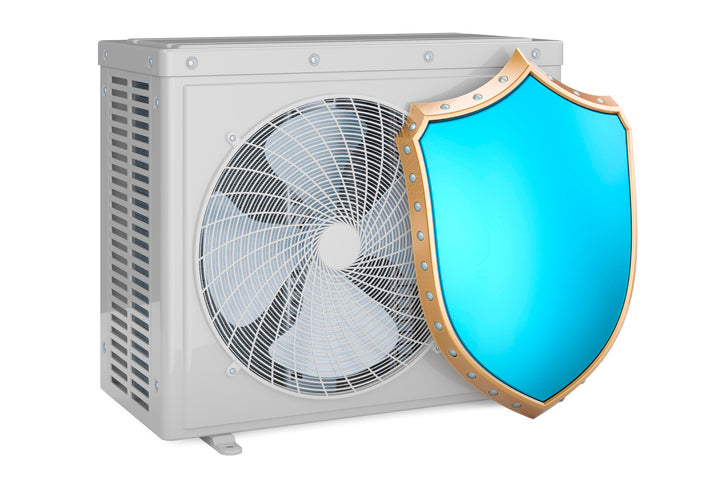How To Reduce Noise Levels From Mini Split Outdoor Units

Owning a mini split heating and cooling system comes with a lot of perks. They’re energy-efficient, eco-friendly, and compact. However, their outdoor units can occasionally be noisy. Learn how to reduce noise levels from mini split outdoor units in a way that will quiet things down without compromising performance.
Use Strategic Placement
The placement of your mini split outdoor unit is key to minimizing noise. If you're in the process of installing a new system or planning for a replacement, discuss options with your HVAC technician.
Don’t place the unit too close to walls, corners, or hard surfaces made of concrete. This amplifies and reflects sound. Instead, try to give it a bit of breathing room. This way, the sound has space to dissipate.
When looking for ways to muffle noise, other outdoor features can also be of assistance. As long as there's adequate airflow for proper operation, you can create a natural sound barrier by installing the unit near dense shrubs, fences, or soft landscaping materials.
Peace and quiet are especially essential in bedrooms and offices. If possible, position the outdoor unit away from these rooms or any other space you’ll dedicate to rest and work.
Maintain the Unit Regularly
Regular maintenance can significantly reduce the noise levels of your mini split outdoor unit. Over time, dirt, debris, and general wear can cause your system to work harder and make unpleasant noises.
Take time to remove any leaves and twigs from around and inside your unit, as a clogged outdoor unit may vibrate more or make unusual sounds. Vibrational noise can also result from loose screws, bolts, or panels, so check for and tighten anything that might have become loose over time.
Turn the power off and clean the blades of your unit’s fan, since dirt accumulation in this space can throw off the balance and create unnecessary noise. Schedule professional tune-ups regularly so a certified HVAC technician can inspect and resolve issues with worn-out bearings, misaligned fan motors, or other things that might cause noise.
Stay proactive with maintenance. This prevents noise issues and boosts the efficiency and longevity of your system.
Install Noise-Reducing Accessories
You could also invest in accessories designed to reduce mini split noise without diminishing performance. Here are a few options worth considering.
Rubber Pads or Anti-Vibration Pads
Place rubber or anti-vibration pads underneath your outdoor unit's legs. Doing so absorbs vibrations and reduces the noise caused by contact with the ground or mounting surface.
Acoustic Barriers or Enclosures
There are soundproofing enclosures or barriers specifically designed to dampen outdoor unit noise. Look for products that balance noise reduction with airflow to avoid compromising the system’s function.
Vibration Isolators
Vibration isolators are small additions with a big impact. Attaching them to the condenser or mounting hardware can reduce vibrations that lead to excess noise. Before making any purchases, confirm that the accessories you choose are compatible with your specific mini split model, and follow the manufacturer’s recommendations for installation.
Soundproof Nearby Surfaces
If the noises you hear seem amplified by your surroundings, then soundproofing nearby areas can help absorb or block unwanted sounds. Here are some simple adjustments you can make.
Add Soft Surfaces
Noise bounces off hard surfaces. Create natural sound-dampeners by making enough room to safely surround the outdoor unit with soft landscaping elements such as mulch, plants, and grass.
Upgrade Fencing
If you have fencing or walls near the unit, consider soundproofing them with weather-resistant sound-absorbing panels or acoustic blankets. Make sure that this doesn’t block airflow in the process.
Install a Soundproof Deck or Mat
A rubber deck or acoustic mat can reduce vibrations between the outdoor unit and the ground. This is especially helpful if your unit sits on a hard surface made of concrete or gravel.
Don’t hesitate to mix and match solutions. Using multiple soundproofing methods in combination often yields the best results.
Address Specific Noises
Diagnosing the exact noise your unit makes can guide you toward an effective fix. Here’s a breakdown of common noises and their possible remedies.
Rattling
If your unit makes a rattling sound, check for loose screws or panels. There may be small objects trapped inside the unit. Tighten and realign parts as needed.
Buzzing
A buzzing sound may signal an electrical issue, such as a faulty capacitor or motor. If this is the case, turn off the unit and consult a professional.
Humming
A low hum might be normal, but excessive humming may result from vibration issues. This is another scenario where anti-vibration pads can help.
Clicking or Tapping
If you hear a clicking or tapping sound when you power your unit on or off, defective components might be the culprits. Have a technician examine it.
Whistling
Whistling sounds could indicate airflow obstruction. In this case, you should clean the filters, remove any debris, and address the source of the obstruction, such as nearby trees or other plants.
Work with a professional to address specific noises individually. Doing so resolves the problem more efficiently and eliminates the guesswork on your end.
Consider Upgrading Your Unit
If your mini-split system is older, its age or outdated technology may be the issue.
Modern mini split designs run more quietly. Consider investing in a multi-zone heat pump system and AC system manufactured by Pioneer Mini Split, a premier supplier of top-notch heating and cooling equipment. Our mini splits include advanced compressors, quieter fans, and better soundproofing materials. These components allow them to operate quietly, especially compared to ducted or traditional HVAC systems.
Use a Timer or Eco Mode
Many mini split units come with timers or eco modes. These features help you manage when and how often your system operates. By running the outdoor unit only when necessary, you can reduce noise during quieter times of day or night.
For example, you might program the unit to power down while you sleep or while you’re away at work. Eco mode also ensures greater efficiency, which might mean less noise overall.
There are many ways to reduce noise levels from mini split outdoor units, and the solutions don’t have to be overwhelming or expensive. Start small by tightening screws or making small adjustments to nearby landscaping. Then work your way toward bigger solutions such as soundproof barriers or system upgrades. With these efforts, your mini split will keep you comfortable without disrupting your peace.








